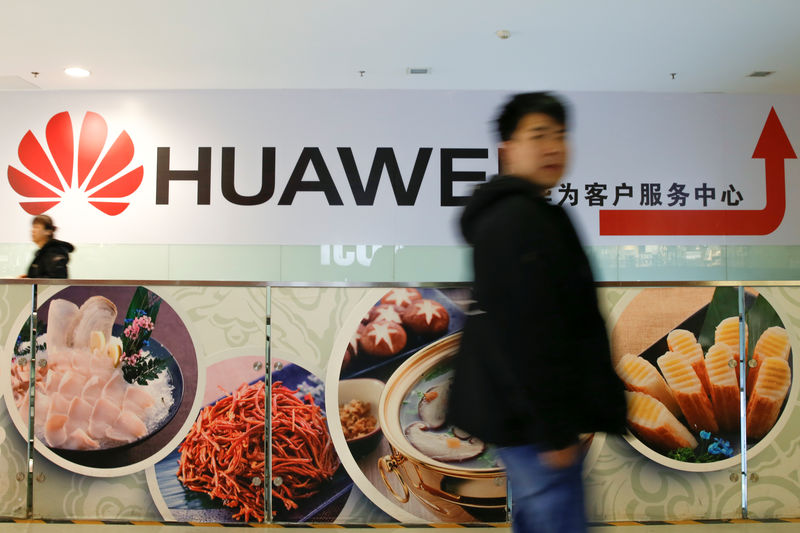(Bloomberg) -- Lawyers for Huawei Technologies Co.’s chief financial officer urged Canada’s justice minister to end extradition proceedings, arguing that he has the power to withdraw a process that’s been politicized by the U.S.
Meng Wanzhou’s defense wrote to Minister of Justice David Lametti, saying it’s in Canada’s national interest to reject the U.S. request and to free Meng, who’s been living under house arrest in Vancouver since her detention last December.
Under Canada’s extradition law, Lametti has the discretion to withdraw the proceedings against Meng at any time, the lawyers say. Doing so would be an extremely rare intervention and would effectively abort a lengthy court process that usually ends up with the person being handed over.
“These extradition proceedings are unique,” Meng’s Canadian lawyers said in an emailed statement Monday. “The factual and legal underpinning for Ms. Meng’s extradition are without precedent in Canadian law.”
The Canadian department of justice didn’t immediately respond to a request seeking comment.
The U.S. accuses Meng of tricking banks into conducting more than $100 million worth of transactions for Huawei that may have violated U.S. sanctions on Iran. Meng faces multiple criminal charges in the U.S., including bank and wire fraud, money laundering and conspiring to obstruct justice, each of which carries a maximum sentence of 30 years in prison.
Her lawyers are arguing for Canada to end the case by citing reasons similar to those they’ve already raised in preliminary hearings at the Supreme Court of British Columbia: that her alleged conduct wouldn’t have the grounds to prompt a criminal prosecution in Canada and that comments by U.S. President Donald Trump indicate that the case is politically motivated.
“There could never be jurisdiction to prosecute Ms. Meng in Canada: Canada does not police the conduct of foreign persons in foreign lands that have nothing to do with Canada,” the lawyers argue in the statement.
Foreign Affairs Minister Chrystia Freeland has said Meng’s case must follow Canadian due process and rule of law.
“It would be a very dangerous precedent indeed for Canada to alter its behavior when it comes to honoring an extradition treaty in response to external pressure,” Freeland told reporters earlier this month.
